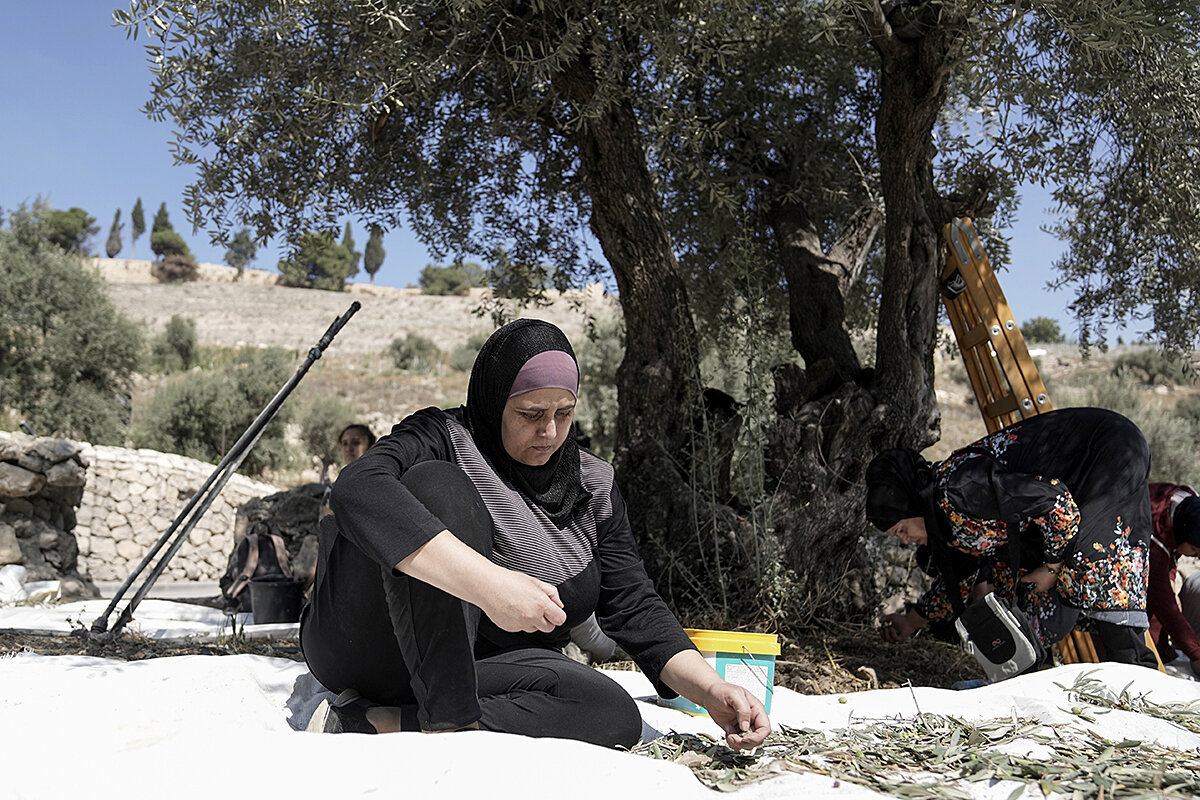Amid weakening support for the Ukraine war effort, it’s a dramatic shift in Washington that has Kyiv and Western leaders most concerned. A growing minority in the House GOP rejects the aid as reflecting an outdated globalist foreign policy that fails to put America first.
Monitor Daily Podcast
- Follow us:
 Linda Feldmann
Linda Feldmann
“Build that wall!”
The rally chant from Donald Trump’s first presidential campaign, repeated countless times since, now has an especially ironic significance. In a stunning about-face, the Biden administration announced Thursday that it will expand former President Trump’s wall on the Mexico-U.S. border.
President Joe Biden says his administration had no choice but to use the Trump-era funds and waive 26 federal laws and regulations to allow for the construction of 20 additional miles of wall in south Texas. Mr. Biden has long maintained that walls don’t keep out unauthorized migrants, and when asked Thursday if he believes the border wall “works,” he was blunt: “No.”
But the president faces a stark reality: Migrants have been surging across the border, often heading to other parts of the United States, and calls for federal help from Democratic mayors and governors are growing. In another sharp turnabout, the administration also said it would resume deporting Venezuelans who had entered the U.S. illegally after July 31.
The political element of both moves can’t be understated. The 2024 presidential race may well be a Trump-Biden rematch, and “finish the wall” is a Trump rallying cry. Mr. Biden’s latest moves show he’s working to counter perceptions of complacency during a border crisis. He risks alienating liberals, but he is counting on his broader record, and anti-Trump sentiment, to save him.
Around the globe, the politics of border walls is never easy. In 2015, the Monitor’s Simon Montlake wrote an excellent cover story on the subject: “Why countries are walling themselves in – and others out.” Last month, Henry Gass reported from Eagle Pass, Texas, where residents want both a secure border and humane treatment of migrants. Whether in Europe or the Middle East or the U.S., it’s a deeply human subject.










